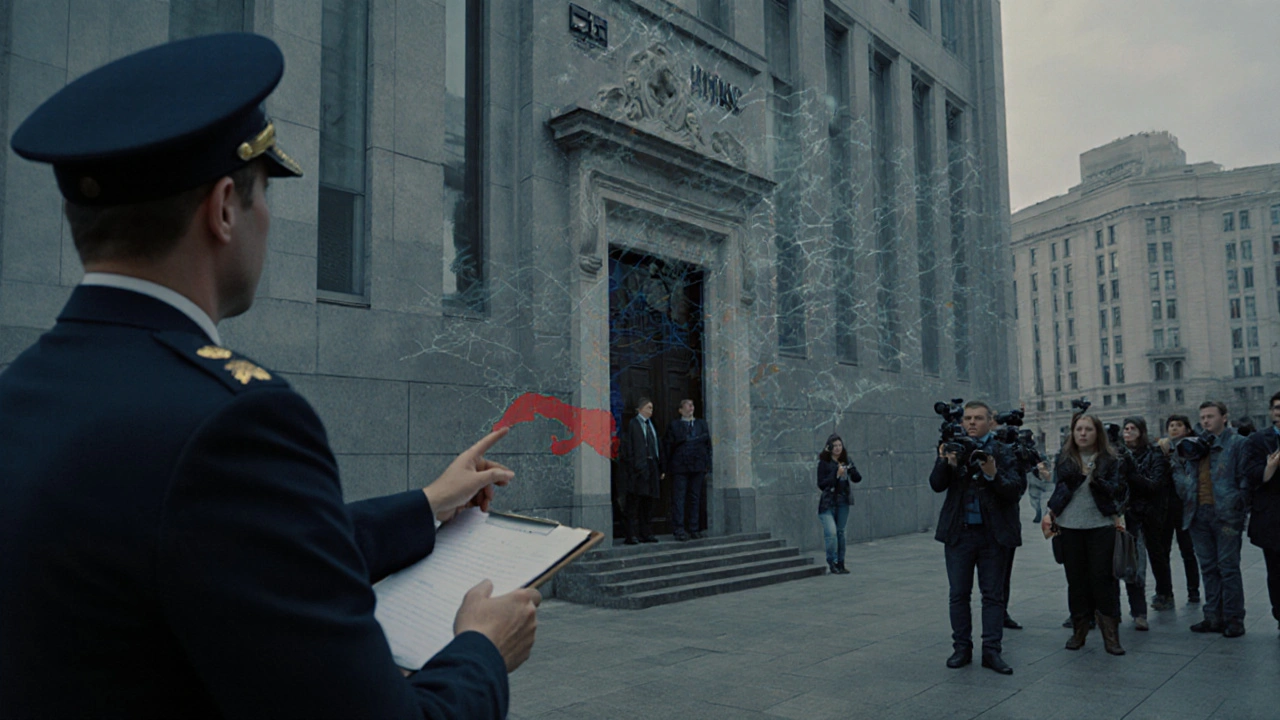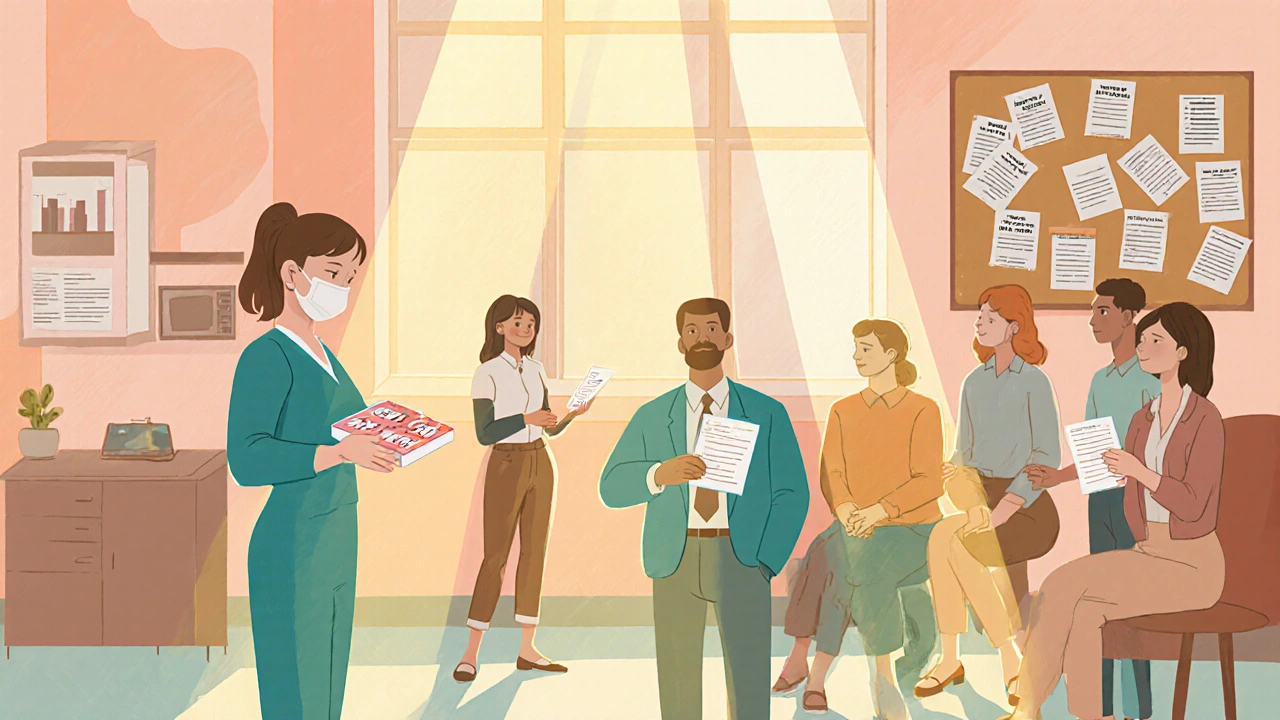When you hear the phrase adult work Moscow, what comes to mind? For many years the image was steeped in judgment, secrecy, and fear. Today, a growing chorus of voices-from NGOs to everyday citizens-is challenging that narrative and pushing for a more humane, supportive approach.
Adult work in Moscow is the provision of sexual services for compensation within the Russian capital, encompassing a range of activities from escorting to online companionship. It exists alongside a complex web of laws, cultural norms, and economic realities.1. A Brief History of Stigma in Moscow
During the Soviet era, any form of non‑reproductive sexuality was labeled as "deviant" and criminalized. Post‑1991, the sudden market liberalisation opened a space for informal economies, including adult work. However, the legacy of state‑imposed morality lingered, turning sex workers into societal outcasts.
Old‑school newspapers ran scandal‑filled headlines, while neighborhood gossip painted workers as "dangerous" or "immoral". This cultural baggage created a feedback loop: fear discouraged workers from seeking health services, which in turn reinforced public concerns about disease and safety.
2. The Legal Landscape
Russian law does not explicitly criminalise consensual adult sex work, but a patchwork of statutes-public order offences, "prostitution" bans, and anti‑human‑trafficking measures-makes operating openly risky. In Moscow, authorities often use administrative fines and raids to deter visible venues.
Recent court rulings (2023‑2024) have clarified that consensual adult work is not automatically equated with trafficking, but the distinction remains murky for law enforcement. This legal grey area fuels both stigma (because workers are seen as criminals) and fear (because they lack legal protection).
3. Media Portrayal and Public Perception
Television dramas and tabloid stories still tend to sensationalise "Moscow's red-light districts". Yet, a shift is evident in independent online outlets that publish human‑interest pieces about sex workers' lives. Data from a 2024 public‑opinion poll by the Russian Sociological Research Institute shows that 38% of respondents now view adult work as a legitimate livelihood choice, up from 22% in 2018.
Social media platforms like VKontakte and Telegram host support groups where workers share safety tips and personal stories. These narratives counter the monolithic, guilt‑laden images that dominated for decades.

4. Emerging Support Services
Several NGOs have stepped into the gap left by the state. Sexual Health Alliance of Moscow (SHAM) provides free STI testing, counseling, and legal advice. Their 2023 report indicates a 27% drop in late‑stage syphilis cases among registered clients.
Another organisation, Safe Steps, runs a 24‑hour helpline for workers facing violence or exploitation. Since its launch, the helpline has logged over 4,500 calls, with 72% of callers reporting successful resolution of immediate safety concerns.
These services are not just about health; they also offer financial literacy workshops, helping workers transition into other professions if they wish.
5. Data‑Driven Snapshot of Changing Attitudes
| Aspect | Stigma | Support |
|---|---|---|
| Public Narrative | Criminality, moral decay | Human rights, personal agency |
| Legal Treatment | Administrative fines, raids | Legal clarification, advocacy for de‑criminalisation |
| Health Access | Hidden, risky | Free clinics, regular testing |
| Media Coverage | Sensationalist, stigmatizing | Documentary profiles, personal stories |
| Community Response | Neighbourhood protests | Neighbourhood dialogues, safety workshops |
These numbers tell a story of gradual but tangible change. While the stigma column still dominates in many districts, the support column is expanding fast, especially among younger, urban residents.

6. What Individuals Can Do Right Now
- Listen without judgment. If a friend or acquaintance mentions they work in adult services, offer empathy instead of assumptions.
- Share accurate information. Counter myths by citing reputable sources like the WHO's guidelines on sex work and health.
- Support local NGOs. Even a modest monthly donation to SHAM or Safe Steps can fund testing kits and legal aid.
- Advocate for policy change. Sign petitions calling for clear de‑criminalisation language in Moscow's municipal code.
- Volunteer your skills. Graphic designers, translators, or IT professionals are often needed for outreach campaigns.
7. Checklist for Allies and Advocates
- Know the basic legal facts: adult work is not a crime, but related offences exist.
- Identify reputable support organisations in Moscow.
- Learn key health statistics to debunk disease myths.
- Practice respectful language (e.g., "sex worker" instead of "prostitute").
- Engage in community conversations - attend town‑hall meetings that discuss local safety.
- Monitor media reports and call out sensationalist framing.
- Offer concrete assistance (money, skills, advocacy) rather than vague sympathy.
Following this checklist can turn goodwill into measurable impact.
Frequently Asked Questions
Is adult work illegal in Moscow?
Consensual adult work between adults is not criminalised by Russian federal law, but workers often face administrative penalties under public order statutes. The legal ambiguity fuels stigma and hampers protection.
What health services are available for sex workers?
Organizations like SHAM provide free STI testing, contraception, and counselling. Some public clinics also offer anonymous services, though outreach is limited.
How can I support NGOs working with sex workers?
Donations, volunteering skill‑based help, and amplifying their campaigns on social media are effective ways. Transparency reports from these NGOs show how funds are allocated.
What does recent public opinion data say?
A 2024 poll indicated that 38% of Moscow respondents view adult work as a legitimate livelihood, up from 22% in 2018. Younger adults (18‑30) showed the strongest shift towards acceptance.
Are there any legal reforms on the horizon?
A draft amendment submitted to the Moscow City Duma in early 2025 seeks to clarify that consensual adult work is not a criminal offence and calls for the creation of a regulatory framework focused on health and safety. It is still under debate.





